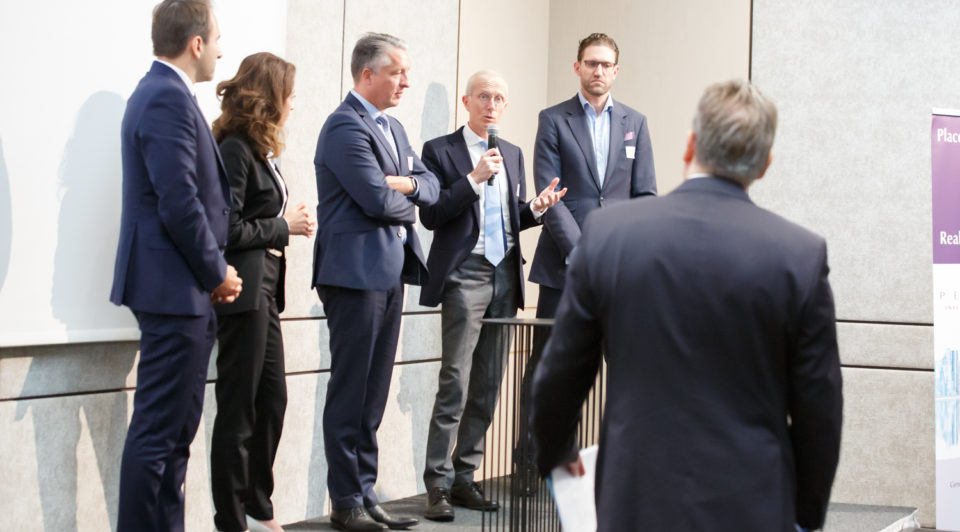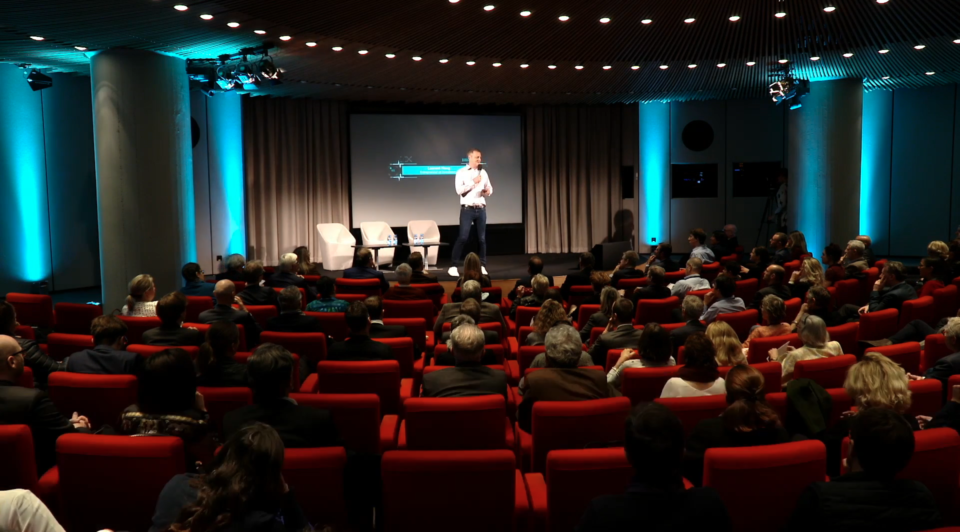Dreamer’s Corner: Founding a New, Tech-based and Crisis-‘enwisened’ Economical Space? by Tim Anglade
The Lift Conference is a place to discuss and work on how technology challenges and creates opportunities in our society. At a time of undeniable turmoil, it seems sensible to take a look at how Technology can affect a component that is particularly intertwined with our Western strain of Society: the Economy.
We may be headed for a full-scale economical doomsday. Or not. Either way, some recent trends are hard to ignore.
- We are welcoming new methods of exchanging goods and currency. We have seen the rise of eBay and Amazon and those two, along others, seem to be here to stay. Contactless identification and payment systems (NFC) are gaining traction and are approaching full-scale deployment in western markets after a successful launch in Japan. Other consumer payment solutions (notably, phone-based solutions) are also quickly advancing through industry efforts.
- We are participating in the emergence of new markets. Micropayments, a marquis thought and work subject of the 90s, seems to regain interest in technological and economical circles, notably through micro-loans and on “small” payments (Premium SMS, Facebook gifts, pay-as-you-go Cloud services, online donation drives, etc.). Emerging countries are engaging in B2C and C2C using alternative, technological means. In Côte d’Ivoire, where less than 5% of the population has a bank account but 30% has a cell phone, a functioning economical space has emerged, relying in part on cell-phone to cell-phone money transfers.
- We may be witnessing the advent of a new economical spirit. The global market downturn of 2008 and 2009 is the source of many pleas for an update to our economy. From re-enforced calls from the far Left to get rid of Capitalism, to elements on the Right advocating a more responsible market. The idea of a “new Bretton Woods” seems to be advancing and epitomizes a world-wide striving for new or updated solutions.
The question is: can these currents amount to something larger than just superficial change? Rather than hope on the advent of a new economy, are those signs that a new economical sub-space can be (semi-)realistically expected, welcomed, fostered or advanced? If not, which are the smaller, separate challenges and opportunities we could face?

